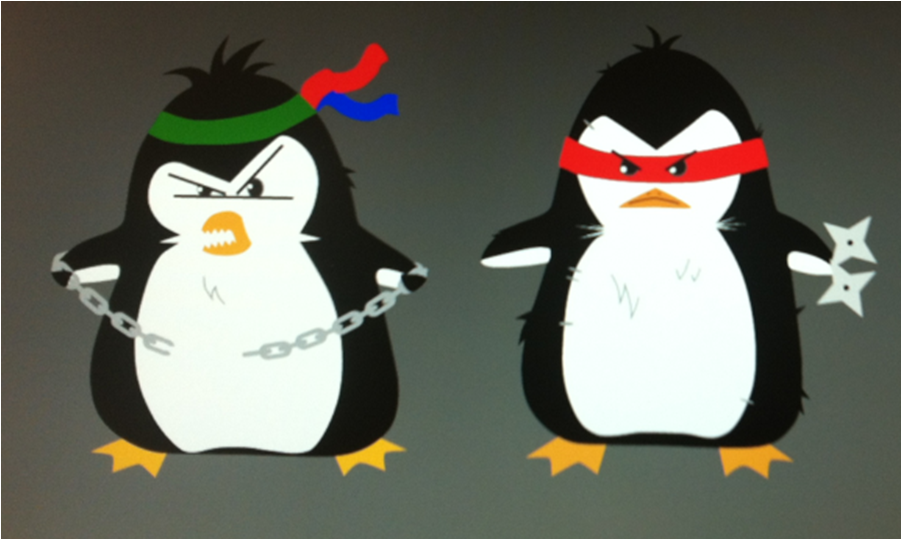When Penguin 2.0 was uncaged in late May 2013, Brafton reported it was expected to impact 2.3 percent of all English search queries. A recent survey from the Search Engine Roundtable took a pulse on the algorithm’s impact a few months down the road and found that more than half of respondents feel their search rankings were impacted by Penguin’s ire and only 7 percent think they’ve made a full recovery since.
They survey’s findings suggest marketers are still making SEO mistakes and their branded content is ranking poorly as a result. Because Penguin targeted sites with spammy backlink profiles, marketers who suspect their domains have been hit must take a microscope to their inbound links. This might require that SEOs directly contact webmasters from offending sites or use Google’s Disavow tool to eliminate those references.
When marketers clean house to ensure their SEO strategies don’t include any practices considered black hat, it might also be time to tune-up their content marketing Cutts has said (repeatedly!) that marketers must focus less on links and more on the information they provide for SEO. He’s also hinted that Google is paying more attention to social identity. Authorship is gaining weight in the search engine marketing world as a way to increase search clicks.
Google has also been giving more airtime to Authorship lately. Last month, the leading search engine provided answers to frequently asked questions and announced that Authorship markup is something considered when ranking news content for the in-depth section of SERPs. To help marketers understand why Authorship is important (and could become even more important moving forward), Brafton created a resource that explains how this markup came to fruition and how authors can start getting credit for their content right away.





